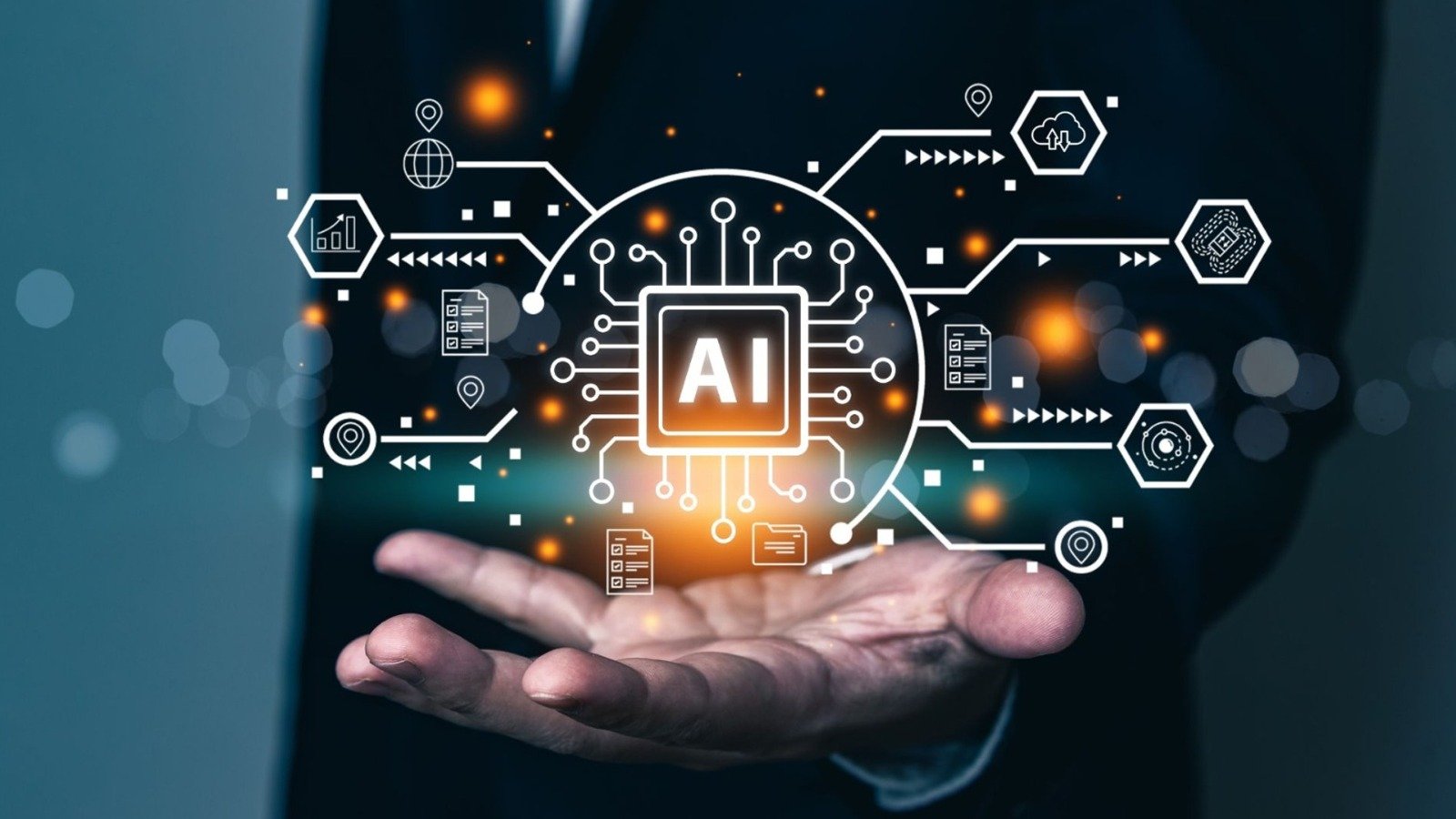At the moment, there are many fears about the development of AI. Some of these fears are entirely unjustified and inspired by various anti-utopian movies. Still, there are pretty rational fears in society about the role of humans and their labor in the future. Moreover, despite all the merits of progress and science, many people in societies, even in developed countries, are pessimistic about the potential for developing AI (McClure, 2017). Most of these fears are found among women and nonwhite men, which may be due to their greater financial dependence on their place of permanent employment. It is also worth bearing in mind that the proportion of women in IT is currently much lower than that of men, which may also be a reason for such worries. In general, few people understand how it works and what to expect from it due to the novelty of the concept of AI. Most people interviewed are mistaken in understanding AI, wrongly believing that programs already exist and can work autonomously, which is fundamentally wrong (Bhargava, 2021). There is a big difference between programs capable of learning from the information provided and machines designed to perform certain activities independently. Despite this, it is impossible to deny the possibility of the emergence of fully autonomous AI, regarding the impact of which there are several possible hypotheses. Su (2018) writes that widespread automation will inevitably lead to an increase in global unemployment, as the number of jobs opened will not be enough to cover the endangered professions. Other researchers believe that developing such technologies should increase the total number of jobs as it was during the information and industrial revolution (Acemouglu, 2022). This divergence of opinion is mainly due to the impossibility of relevant modeling with the current level of technology and limited knowledge about the potential of AI development (Makridakis, 2017). Nevertheless, much of the research on the subject argues that humanity still has time to adapt to the new changes. Technological progress will instead bring changes in the qualitative composition of the labor market than in its quantitative characteristics, as dying professions will be replaced by new ones already related to AI (Walsh, 2018). The process must be gradual and smooth to not create a whole class of unemployed people in one day but to give humanity time for retraining and to change the education system. It is also essential that the development of AI is not to replace humans but to augment them, which is happening now. Continuing the discussion on whether jobs will decrease with the development of AI, it is worth mentioning a 2018 report by the World Economic Forum that predicted that by 2022, 75 million jobs would be eliminated. About 133 million new positions would be created around the world. There is no new data on whether this prediction has been confirmed, but an essential part is that although more jobs are expected to add up than disappear, the new jobs will have a higher entry threshold than those 75 million old jobs. It is due to the greater complexity of working with AI and the need for more narrowly professional skills, which higher wages will cover. Considering this situation in a vacuum might even make the unprepared reader happy. Still, it’s worth understanding that the most “accessible” and easy-to-learn professions that AI will replace in the first place will be cut. These are all professions associated with the same type of tasks, the creation of reports, bureaucratic professions, and other professions, which could hit a particular working-class hard (Frank, 2019). When considering this reasoning, it is also worth understanding that the revolution associated with the development of AI is fundamentally different from previous technological revolutions. Suppose the information revolution changed the old professions’ principles, and the industrial revolution concerned all industries. In that case, the work on creating and providing AI is related to IT technology. That is, the new technologies will destroy several professions of entirely different orientations and, in their place, will provide professions that are somehow related to the IT sphere, which is essential when assessing the future labor market.
Dark Side of AI
Jesica Sen
||
Post On > Sep 20 2024 ||

Leave a reply
a
2025-11-23 18:42:01
asd
2025-10-13 02:40:59
The Soul of Bengal: A Tribute to Nazrul Sangeet
2025-09-01 13:45:33
The Psychology of Singing: How Your Mood Shapes Your Voice
2025-08-20 11:02:30
Respecting Stage Artists: The Heartbeat Behind Every Performance
2025-08-06 11:30:17
1
2025-07-30 11:24:31